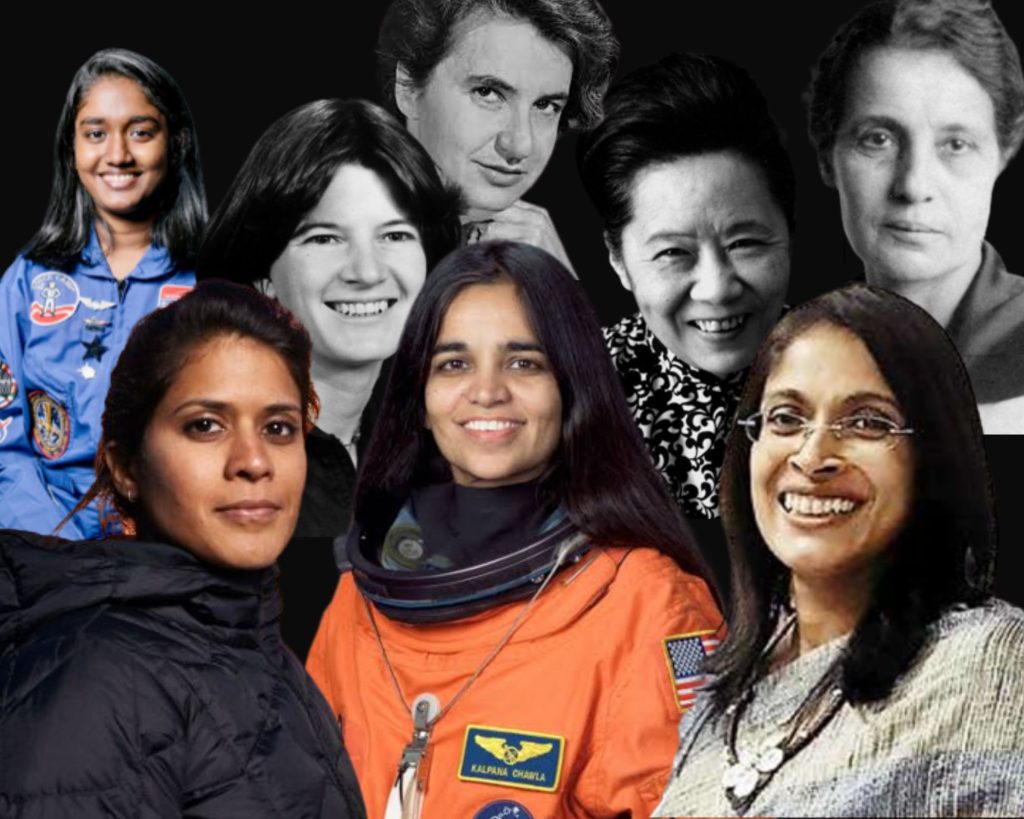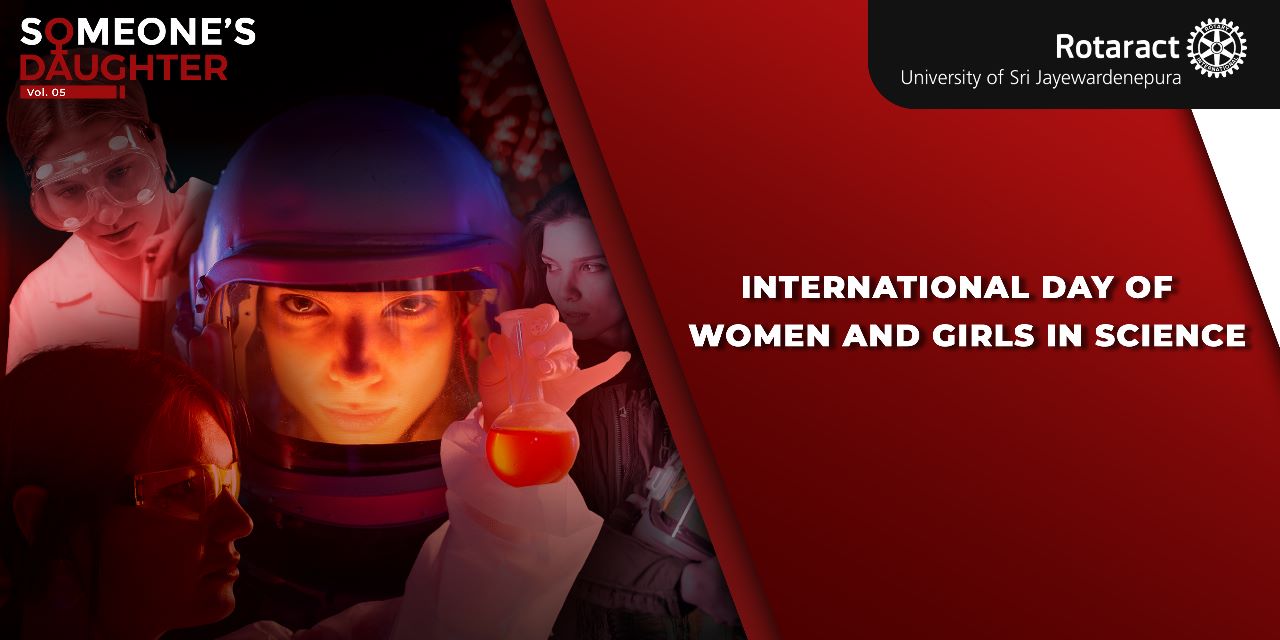Our history is composed of great women personalities who have made enormous contributions to Science. Some of the notable names in the long lists include Marie Curie, Katherine Johnson, and Rosalind Franklin. However, long-standing biases and gender stereotypes are steering girls and women away from science-related fields. Therefore, it is essential to further empower women and girls with the education and skills to pursue careers in science and technology, amplify their voices and open doors for their contributions to make lasting economic and sustainable change in their communities.
Accordingly, to achieve full and equal access to and participation in science for women and girls, and further achieve gender equality and the empowerment of women and girls, the UN General Assembly adopted resolution A/RES/70/212 declaring 11 February as the International Day of Women and Girls in Science.

This day presents a chance to encourage women and girls to participate fully and equally in science by breaking all bariers. Supporting and uplifting young girls, their education, and their full capacity to express their opinions have become a global priority and it is clear through the following statement.
“Even today, in the 21st century, women and girls are being sidelined in science-related fields due to their gender. Women need to know that they have a place in science, technology, engineering, and mathematics and that they have a right to share in scientific progress.”
-Audrey Azoulay, UNESCO Director-General
Even though there is a skills gap in most of the technology sectors driving the Fourth Industrial Revolution, women still make up only 28% of engineering graduates and 40% of graduates in computer science and informatics. According to UNESCO data (2014 – 2016), only around 30 per cent of all female students select STEM-related fields in higher education. Globally, female students enrolment is particularly low in ICT (3 per cent), natural science, mathematics and statistics (5 per cent) and in engineering, manufacturing and construction (8 per cent). With these facts, it is clear that women’s involvement in the science industry is yet to be improved.

It is believed that if we triple the number of women working in technology and innovation by 2026, women will be able to come up with answers to the most pressing issues we face. However, to achieve this goal, women should be educated by breaking the social stigma which would ultimately be a path to eliminate violence against them.
So, make this day an occasion to break all stereotypes and barriers, and support the global efforts to inspire and engage women and girls more in STEM-related fields.
Written by: Rtr. Gayani Madushika
Graphic design by: Rtr. Akila Srikantha



0 Comments